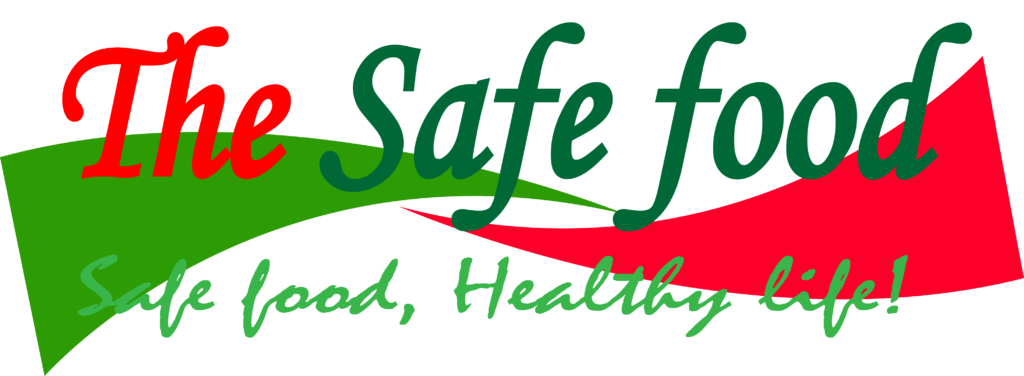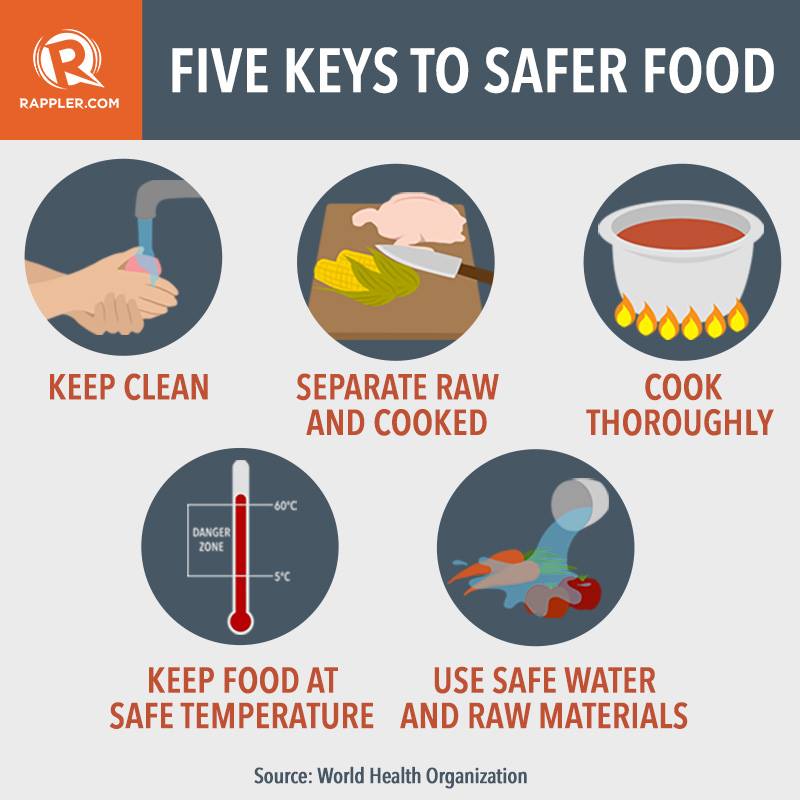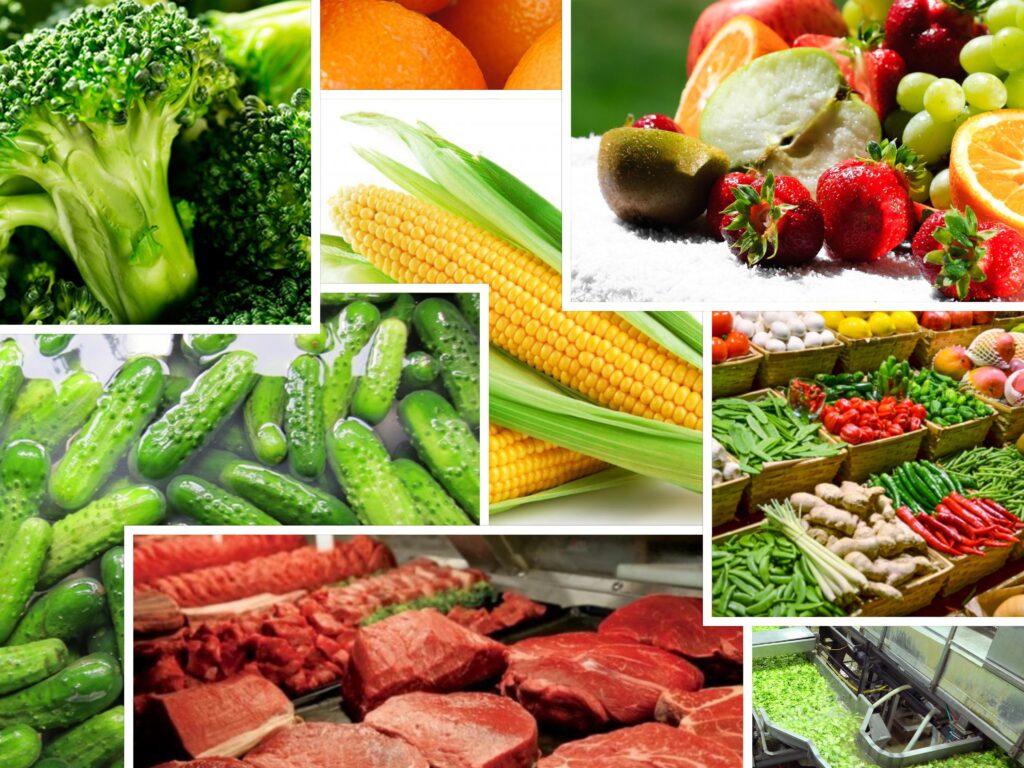Consumers play a crucial role in assuring food safety by being informed, vigilant, and proactive in their choices and actions. Consumers are entitled to expect the food products they buy and consume will be safe and of high quality. They have the right to express their opinions on the food control procedures, standards and activities used by governments and industry to determine that food supplies have these characteristics.
The producers and manufacturers must conform to consumer demands regarding quality and safety. Although these producers and manufacturers may have their definition of quality, consumers have their own understanding of quality [9].
Food safety knowledge is for all!

Every consumer deserves to have high quality and safe food. …Read more!

Once the consumer has bought the food product, it is their role to ensure that they use or prepare it according to manufacturer’s instructions. The manufacturer is not culpable if the consumer decides to use a food product in a different manner other than the stipulated instructions by the manufacturer. In so doing, the five keys to food safety by the WHO [1] are key as discussed in an earlier article: The five keys to food safety

Summary of the role of consumers in assuring food safety
Consumers play a crucial role in assuring food safety by being informed, vigilant, and proactive in their choices and actions. Here are some ways in which consumers contribute to food safety:
- Awareness and Education: Consumers can educate themselves about food safety practices, including proper handling, storage, and preparation of food. They can stay informed about food recalls, outbreaks, and safety guidelines issued by regulatory agencies. By being aware, consumers can make informed decisions and take necessary precautions to ensure the safety of the food they consume.
- Label Reading: Consumers should carefully read and understand food labels, including ingredient lists, allergen information, and expiration dates. They can look for labels indicating proper handling, refrigeration, or cooking instructions. By understanding and following these instructions, consumers can reduce the risk of foodborne illnesses.
- Selecting Reliable Suppliers: Consumers can choose to purchase food products from reputable and trustworthy suppliers. This includes buying from well-known brands, reputable retailers, or local farmers who follow good agricultural and production practices. By supporting reliable suppliers, consumers can have more confidence in the safety and quality of the food they purchase.
- Safe Food Handling: Consumers should practice proper food handling and storage techniques to prevent contamination and spoilage. This includes washing hands before and after handling food, keeping raw and cooked foods separate, using clean utensils and surfaces, and storing food at appropriate temperatures. By following these practices, consumers can minimize the risk of foodborne illnesses.
- Reporting Concerns: If consumers suspect that they have encountered a food safety issue, such as finding foreign objects in food or experiencing foodborne illness symptoms, they should report it to the appropriate authorities. This can include local health departments, food safety hotlines, or consumer protection agencies. Reporting concerns helps authorities investigate and take necessary actions to address potential safety hazards.
- Providing Feedback: Consumers can provide feedback to food companies regarding the quality and safety of their products. This can include positive feedback for products that meet their expectations and concerns for products that fall short. By sharing their experiences and concerns, consumers can encourage companies to improve their food safety practices and maintain higher standards.
- Responsible Food Disposal: Consumers should properly dispose of food waste to avoid attracting pests or causing contamination. This includes using designated garbage bins, composting where appropriate, and following local waste management guidelines. Proper disposal reduces the risk of cross-contamination and ensures the safety of the overall food environment.
- Participating in Food Safety Programs: Consumers can participate in food safety programs and initiatives organized by local communities, non-profit organizations, or government agencies. These programs may offer training, resources, and awareness campaigns to promote safe food practices. By actively participating, consumers contribute to creating a culture of food safety.
Remember, food safety is a shared responsibility between food producers, regulatory agencies, and consumers. By staying informed, making informed choices, and practicing safe food handling, consumers can help maintain a safer food supply chain and protect their own health and well-being.
Our Blog ↗
Read the latest from our blog
Ask a Question ↗
Ask a question and get answers from our community
Give Feedback ↗
We value your feedback.


